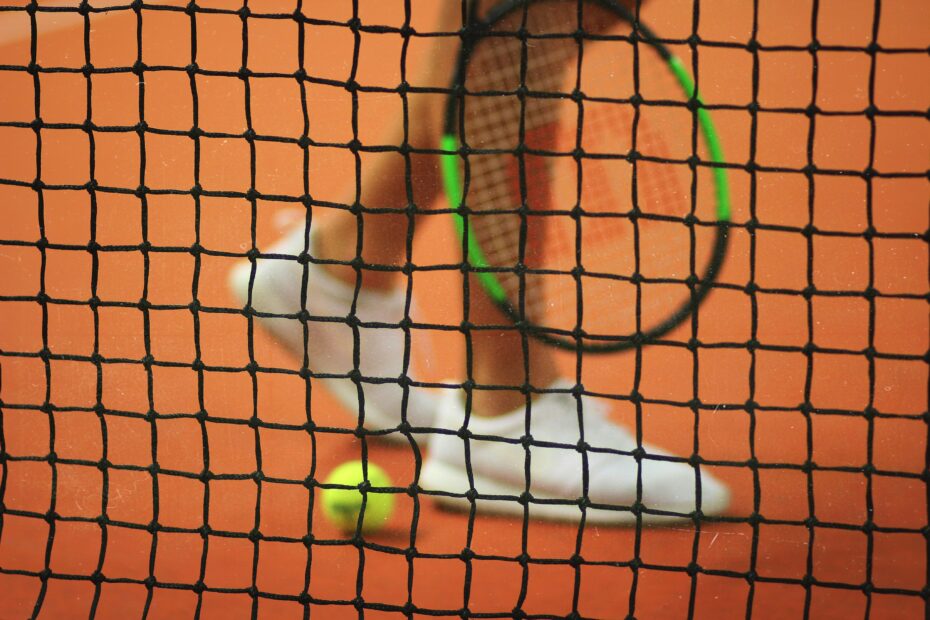Starting in January 2025, the landscape of professional tennis is set to change with the introduction of a new rule allowing off-court coaching during matches. For the first time in the sport’s history, players will be able to receive tactical advice from their coaches, breaking away from tennis’s long-held tradition of players battling it out on court without external assistance. This decision by the International Tennis Federation (ITF), announced following its 2024 annual general meeting, has ignited a heated debate among players, coaches, and fans alike.
But why was this change introduced? What will it look like in practice? And how is the tennis world reacting? Let’s dive into the specifics of the rule, the rationale behind it, and the varying reactions from across the sport.
The New Rule: What Changes in 2025?
The off-court coaching rule allows coaches to communicate with players during matches, either verbally or via hand signals, but only when the point is not actively being played. According to the ITF, this communication must be “brief and discreet,” ensuring it doesn’t disrupt the flow of the game. Importantly, coaching will still be prohibited during the actual playing of a point. However, during changeovers and between points, coaches will have the freedom to offer tactical advice.
In addition, players will be allowed to use approved “player analysis technology” to receive real-time insights during matches. This use of technology further opens the door for strategic data analysis, which could significantly influence how players and coaches approach the game in real time.
Another aspect of the rule applies to team events, where captains, who are already allowed to sit on court, will also be permitted to coach players during their matches. The decision to adopt this new rule, however, will be left to the governing body of each individual tournament, meaning the implementation may vary across different events.
The Rationale: Why Was the Rule Introduced?
The ITF’s decision to introduce off-court coaching is the culmination of several years of trials across different tournaments, including all four Grand Slams and ATP and WTA events. These trials began in 2017, and the feedback from players, coaches, and umpires was generally positive. One of the primary motivations behind the rule is to make tennis “fairer” by leveling the playing field. Under the previous rules, coaches often gave illegal signals to players anyway, and enforcing this was inconsistent and subjective. By allowing coaching openly, the ITF believes the game will become more transparent and less prone to controversy.
Another argument in favor of the rule is that it may enhance the entertainment value of the sport. Tennis matches are highly strategic, and allowing coaches to intervene could lead to more dramatic shifts in momentum, adding excitement for spectators. According to ITF’s Senior Executive Director, Stuart Miller, coaches have also argued that the change would help with player development, allowing younger players to learn from their coaches during high-stakes moments rather than having to figure everything out on their own.
Divided Reactions: The Community Speaks
While the ITF touts this new rule as a positive development, reactions from the tennis community have been far from unanimous. Many players have voiced their support, citing the benefits of having coaching available during matches. They believe it could reduce the mental strain on players who are often expected to solve complex tactical problems on their own. For these supporters, the change reflects a modern approach to the sport, aligning it more with other professional sports where coaching is permitted during gameplay.
However, not everyone is on board. Some high-profile players, including world number six Taylor Fritz and former world number 10 Denis Shapovalov, have publicly criticized the move. Shapovalov, for example, took to social media to express his disappointment, stating, “Tennis is special because you are out there alone. Why are you trying to change the beauty of this game?”.
He and others argue that one of tennis’s unique aspects is its solitary nature; players must rely solely on their own instincts and preparation once they step onto the court. By allowing coaching, critics believe the sport risks losing its essence, making it less about individual skill and more about who has the best coaching team.
Another concern revolves around fairness. Critics argue that wealthier players, who can afford top-tier coaches and extensive support teams, will have an even greater advantage under the new rule. Tennishead’s Tim Farthing, in an opinion piece, suggested that this change could widen the gap between elite players and lower-ranked competitors. He pointed out that top players can already afford larger support teams to analyze opponents before matches. The new rule, he argues, could exacerbate this inequality by allowing top players to receive even more real-time guidance from their highly-paid coaching staff.
Will the Rule Change the Game for Better or Worse?
The question of whether off-court coaching will improve or harm professional tennis remains open. On one hand, it may make matches more dynamic and entertaining, as coaches can provide real-time insights that lead to more tactical adjustments. This could, in theory, lead to a more engaging experience for spectators, with players making quicker adjustments to their game plan based on their coaches’ advice.
On the other hand, there’s a legitimate concern that the rule will detract from one of tennis’s core challenges: the mental battle. Tennis has long been celebrated as a sport that tests not just physical endurance and skill, but also mental toughness. Players are expected to adapt to their opponents’ strategies on their own, a challenge that many believe is at the heart of the sport. Removing or diluting that challenge might lead to a fundamentally different game.
Ultimately, the success or failure of this rule will likely depend on how it is implemented and whether it delivers on its promise to make tennis fairer and more entertaining. While some purists may mourn the loss of tennis’s solitary nature, others see the rule as a necessary evolution to keep the sport competitive and engaging in a rapidly changing sports landscape.
Conclusion: A New Era for Tennis?
As tennis prepares to enter this new era, the debate over off-court coaching will no doubt continue. For some, it represents a modern shift that aligns tennis with other professional sports, bringing an added layer of strategy and excitement. For others, it’s a step too far—a change that undermines the very essence of what makes tennis unique. Either way, 2025 will mark a pivotal moment in the sport’s history, and tennis fans worldwide will be eager to see how it plays out on the court.
Will this new rule create a more entertaining and fairer game, or will it dilute the mental toughness that has defined champions for generations?






